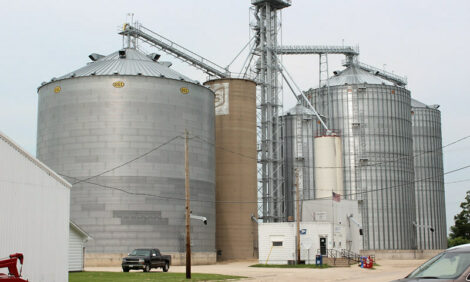



Feed Budgeting Imperative For SW Cattle Producers
AUSTRALIA - South West dairy and beef farmers with depleted water resources, reduced irrigation allocations and low hay yields will need to adhere to a strict feed budget this summer.Senior development officer John Lucey said cattle producers would have to plan carefully to manage the impact of one of the driest winters on record.
Mr Lucey said a feed budget would be critical this summer.
“Low silage and hay yields, an early finish to the pasture season, high grain prices and low milk and beef prices all add up to a challenging time ahead for cattle producers,” he said.
“Growers need to identify what feed they have going into summer and identify how this matches their stock requirements.”
Mr Lucey said that if there was a shortfall, some tough decisions would have to be made as soon as possible.
“Buying in feed is one option and this is where relationships with suppliers comes into play,” he said.
“Being in a position to forward buy is going to be more beneficial than purchasing on the spot market in a year of high prices.”
Mr Lucey warned growers that assuring the quality of purchased feed would be imperative in a tight year.
“Ask for a test on the batch you’re buying, which will take about four days, so you know what the feed value is and you can pay accordingly,” he said.
Mr Lucey said reducing silage and hay wastage at feeding out would save money.
“Anything that reduces cattle wasting feed from trampling will save you money. Try feeding out on old mining conveyor belts or running feed along fencelines or a hot wire so the cattle don’t waste it,” he said.
Another option is to reduce feed demand over summer.
“It is important to cull any ‘passengers’, such as late lactating cows that are not in calf or low production animals,” Mr Lucey said.
“Further gains can also be made by prioritising feed resources for different classes, such as weaners and dry cows.”
Buying water to grow more feed is another option compared to buying grain or pellets, which Mr Lucey said growers would have to weigh up carefully.
“It comes down to water use efficiency - mega litres of water per kg dry matter feed grown - and how much of that you can get down the animals’ throats,” he said.
“Inefficient systems, with poor water use efficiency and low feed utilisation, can result in the value of feed being less than the price of the water. So it’s important to do your sums and think carefully before going down that route.”
TheCattleSite News Desk


